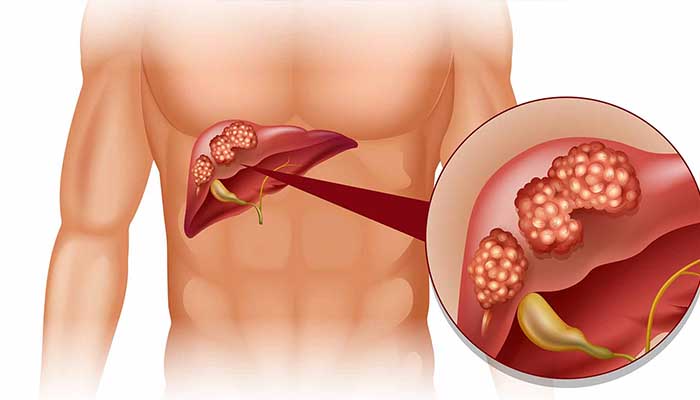Liver function tests (LFTs) are a group of blood tests that help assess the health of the liver by measuring the levels of various enzymes, proteins, and substances produced or processed by the liver. These tests play a crucial role in diagnosing liver diseases, monitoring liver function, and evaluating the effectiveness of treatments. Here’s a detailed overview of the purpose, procedure, and interpretation of liver function tests.
Purpose of Liver Function Tests
Liver function tests are conducted for several reasons, including:
- Diagnosis of Liver Diseases: LFTs help identify conditions such as hepatitis, cirrhosis, fatty liver disease, and liver cancer.
- Monitoring Liver Health: Regular LFTs can track liver function over time, especially in individuals with pre-existing liver conditions.
- Evaluating Symptoms: If a patient presents symptoms like jaundice (yellowing of the skin and eyes), abdominal pain, or unexplained fatigue, LFTs can help pinpoint liver-related issues.
- Assessing Treatment Efficacy: For patients undergoing treatment for liver diseases, LFTs can help determine how well the liver is responding to therapy.
- Pre-Surgical Evaluation: LFTs are often part of pre-operative assessments to ensure the liver can handle the stress of surgery.
Common Tests Included in LFTs
Liver function tests typically include several key measurements:
- Alanine Aminotransferase (ALT): This enzyme helps convert proteins into energy and is primarily found in the liver. Elevated ALT levels often indicate liver damage.
- Aspartate Aminotransferase (AST): Similar to ALT, this enzyme is involved in amino acid metabolism. Elevated AST levels can indicate liver or muscle damage.
- Alkaline Phosphatase (ALP): This enzyme is associated with the bile ducts. High levels may indicate bile duct obstruction or liver disease.
- Bilirubin: This substance is produced during the breakdown of red blood cells. Elevated bilirubin levels can cause jaundice and indicate liver dysfunction.
- Albumin: This protein helps maintain blood volume and pressure. Low levels may suggest liver disease or other medical conditions.
- Prothrombin Time (PT): This test measures how long it takes blood to clot. Prolonged PT can indicate liver dysfunction since the liver produces clotting factors.
Procedure for Liver Function Tests
The procedure for liver function tests is straightforward and typically involves the following steps:
- Preparation: In most cases, no special preparation is required. However, your doctor may advise you to fast for several hours before the test for more accurate results.
- Blood Sample Collection: A healthcare professional will clean the skin over a vein, usually in the arm, and insert a needle to draw blood. The process is quick and usually causes minimal discomfort.
- Laboratory Analysis: The collected blood sample is sent to a laboratory, where it undergoes analysis to measure the levels of the enzymes, proteins, and other substances mentioned above.
- Reporting Results: The results are typically available within a few days and will be communicated to your healthcare provider, who will discuss them with you.
Interpreting the Results
Liver function test results are expressed in units, and reference ranges can vary by laboratory. Here’s a general guide to understanding what the results may indicate:
- Normal Results: Generally, normal levels of ALT, AST, ALP, bilirubin, albumin, and PT indicate healthy liver function.
- Elevated Enzymes: Increased levels of ALT and AST may suggest liver inflammation or damage, often associated with hepatitis or fatty liver disease.
- High ALP Levels: Elevated ALP may indicate bile duct obstruction or liver diseases like cholestasis.
- Increased Bilirubin: Elevated bilirubin levels can indicate liver dysfunction, bile duct obstruction, or hemolysis (destruction of red blood cells).
- Low Albumin: Decreased albumin levels may indicate chronic liver disease or other health conditions affecting protein synthesis.
- Prolonged PT: An increased prothrombin time can indicate significant liver dysfunction, as the liver’s ability to produce clotting factors is compromised.
Conclusion
Liver function tests are essential tools for assessing liver health and diagnosing potential liver disorders. By understanding the purpose, procedure, and results of these tests, individuals can better appreciate their significance in monitoring liver function and overall health. If you experience symptoms related to liver dysfunction or have concerns about your liver health, consult your healthcare provider for guidance and potential testing.




